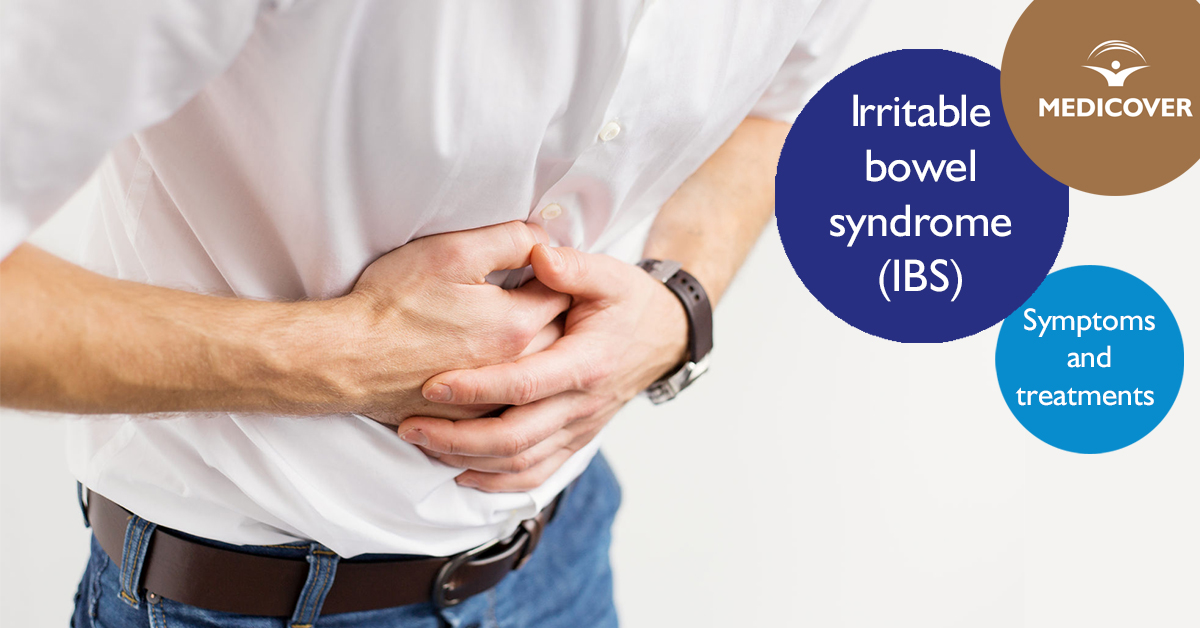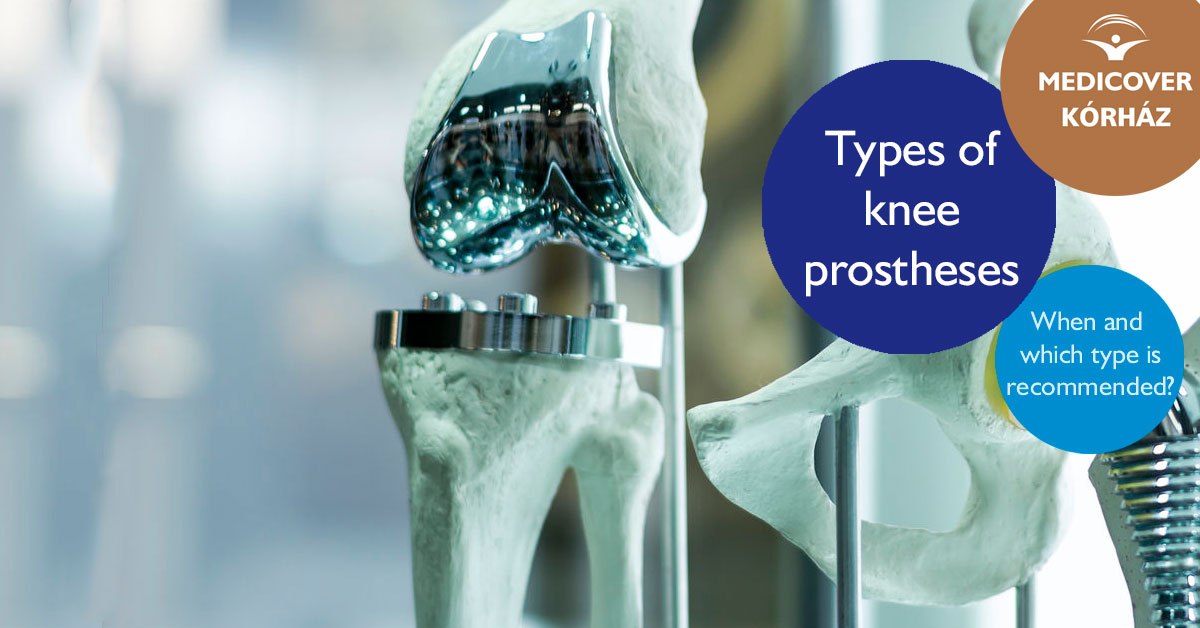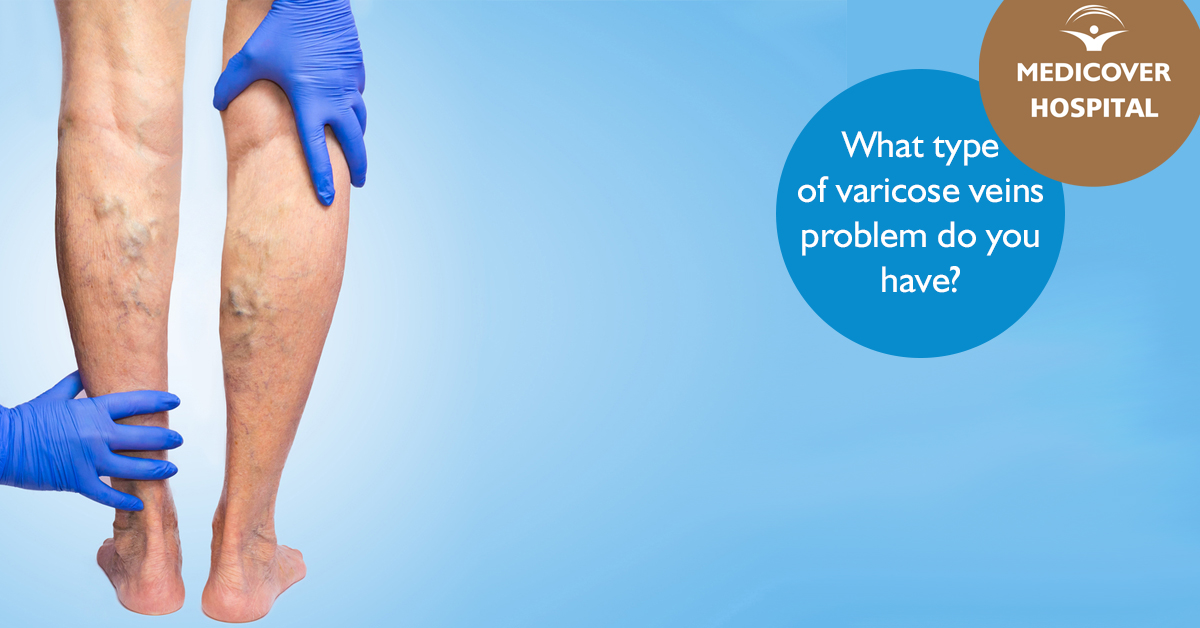Irritable bowel syndrome (IBS) is the function of the digestive tract with chronic complaints such as abdominal pain, irregular secretion (diarrhea, constipation, or both alternately) and bloating. Since the disease has no characteristic symptoms related to it alone, it is more difficult to diagnose it, the diagnosis is primarily based on an exclusion.
The exact causes of its development are unknown. One reason for this may be the disruption of information exchange between the brain and the intestine. The neurotransmitter material, serotonin (which is also responsible for controlling the intestinal function and pain sensation, is suspected to have a key role in the development of irritable bowel syndrome). This explanation is supported by the hormone under the bowel movement disorder and the fact that in many cases normal digestive processes are also painful.









